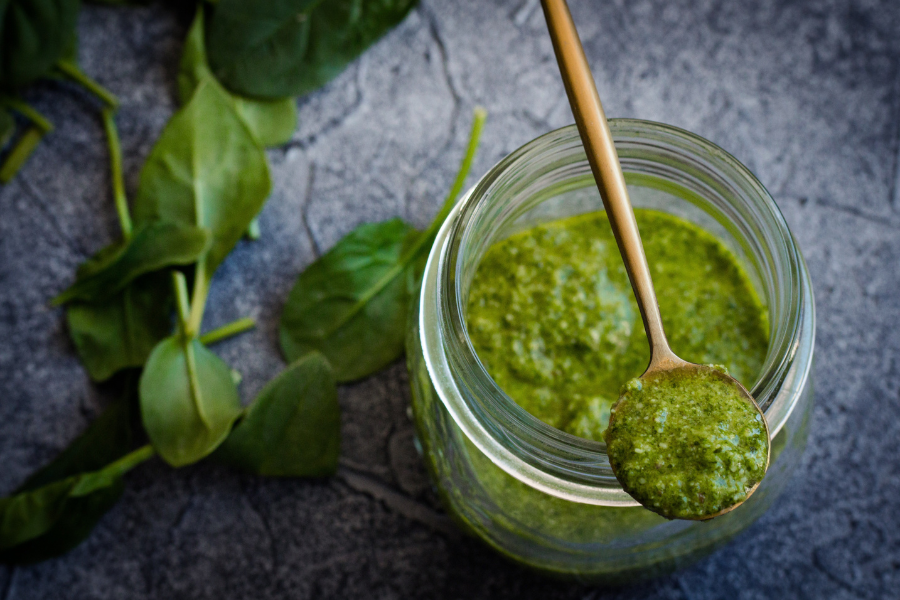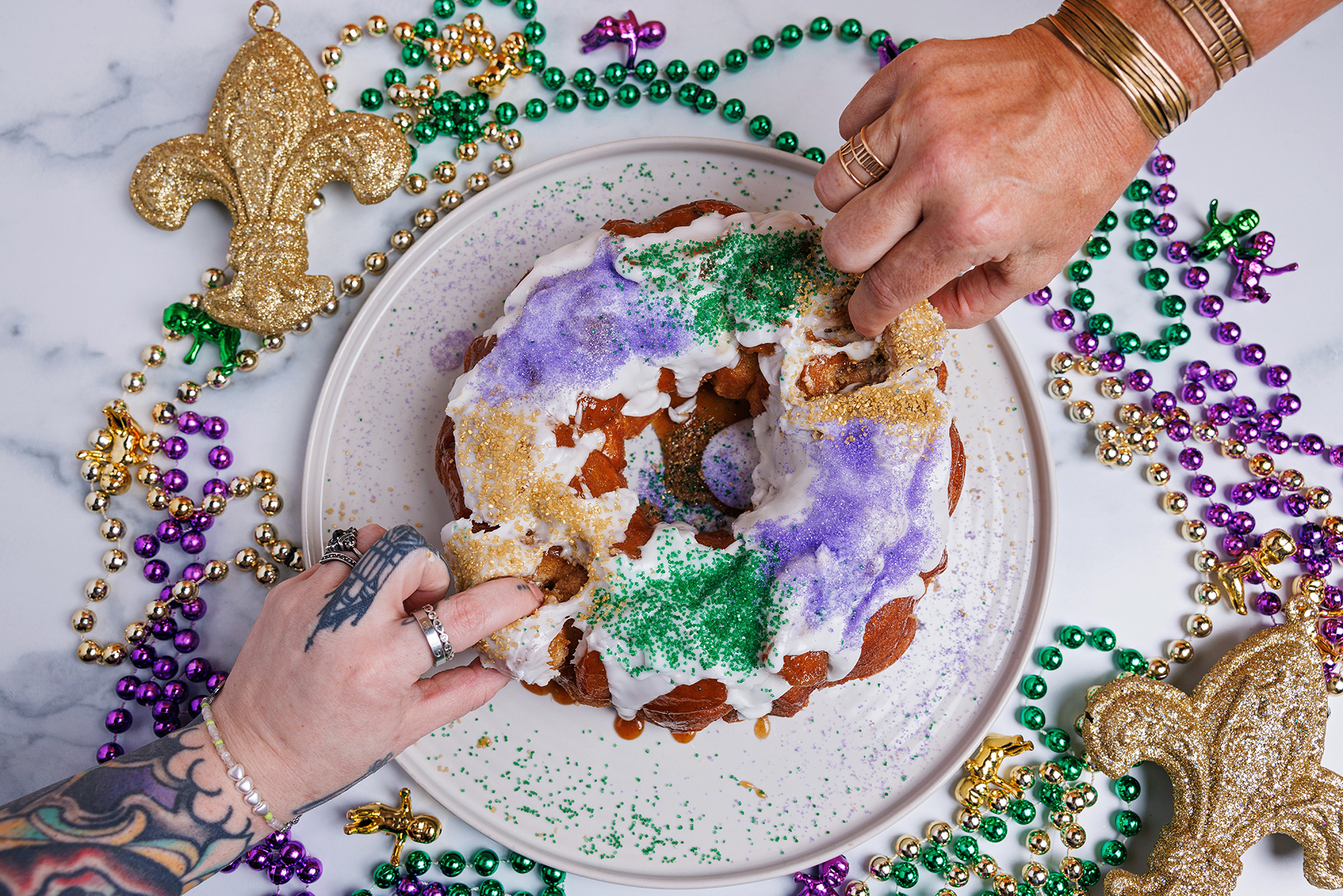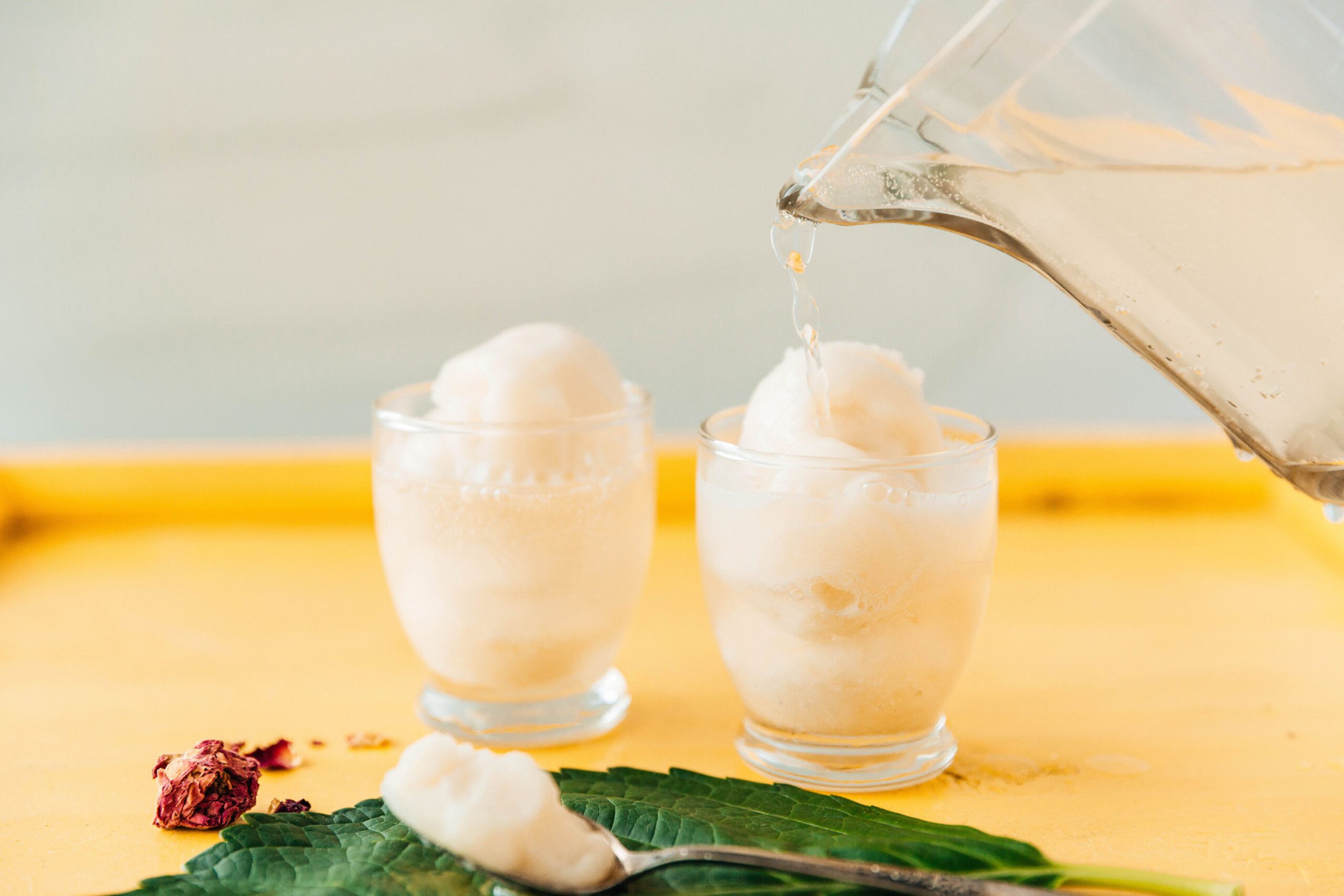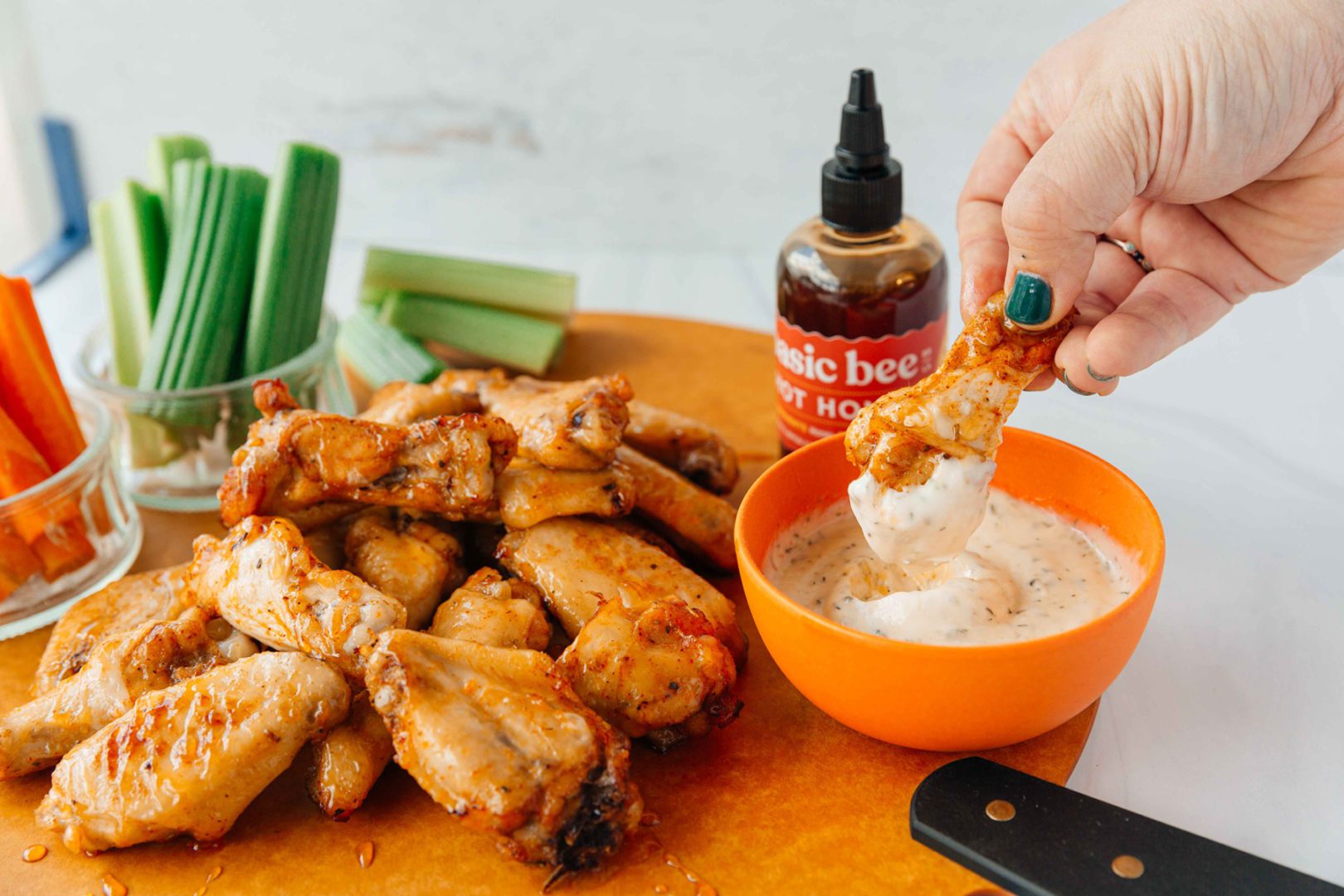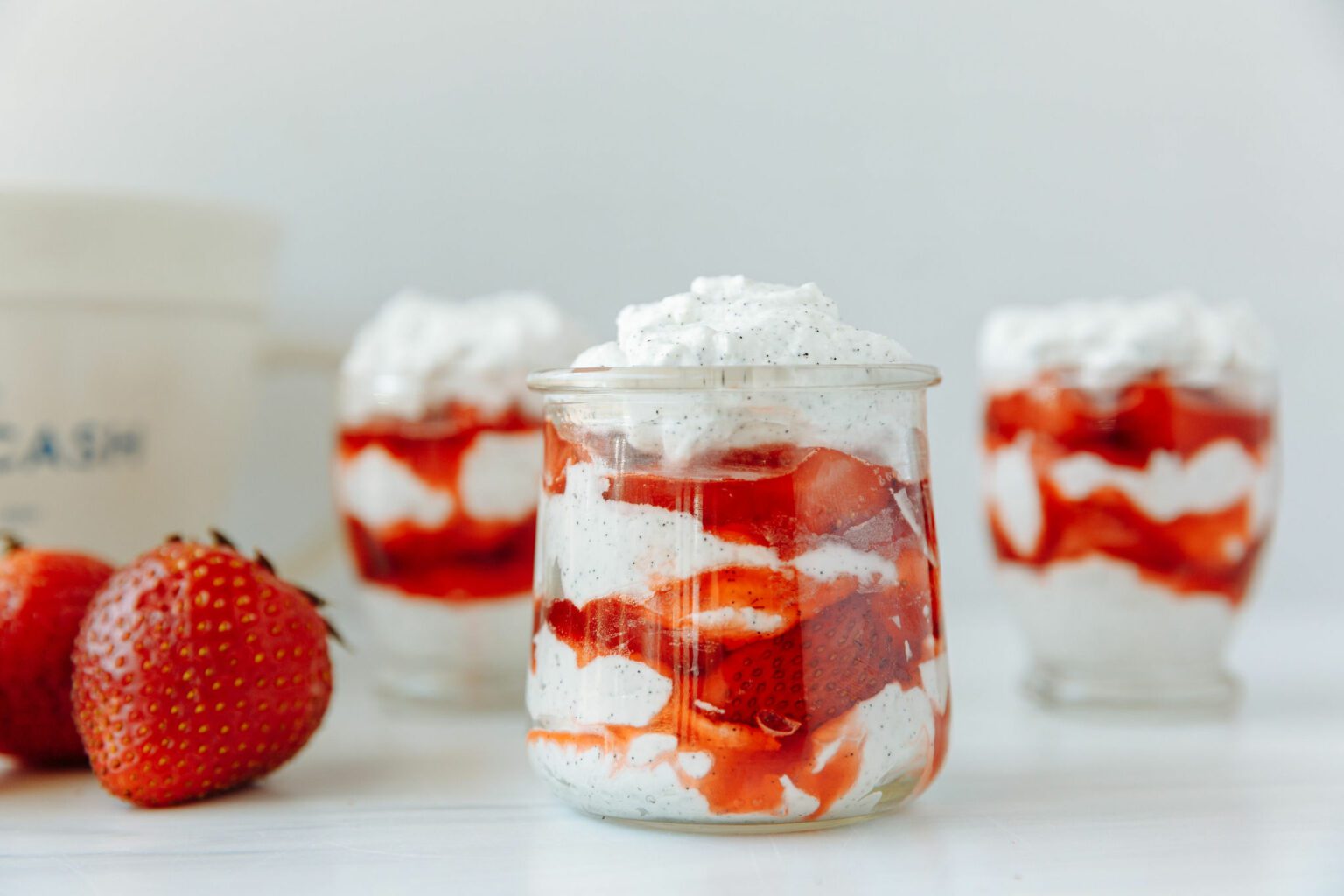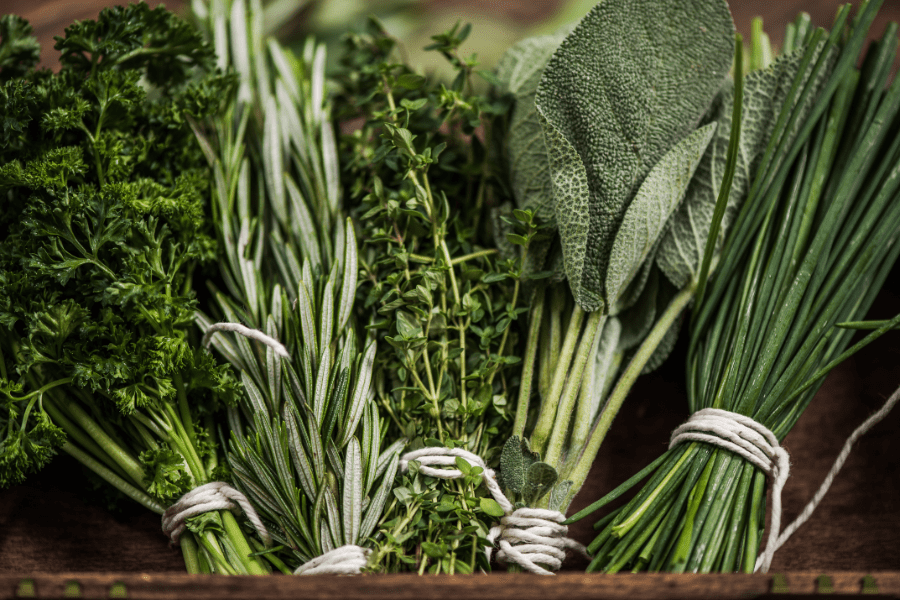
When the signs of spring start to burst through, many home gardeners start their seasonal herb gardens. A few weeks after planting, gardeners will enjoy harvests of fresh basil, thyme and dill, right?. Orrrr, maybe not. Perhaps you don’t have the time or space to grow fresh herbs. Maybe your thumb isn’t so green. Or you’re reading this at another time of year – what about incorporating herbs in summer, winter or fall?
Whether you’re harvesting your own, leaning on the grocery store or stocking your pantry with dried herbs, this blog post is for you. Read on for tips on fresh herbs versus dried herbs, storage instructions for both, cooking tips and delicious herb-rich recipes.
Which is better? Fresh herbs or dried herbs?
Over the years, there has been a bit of snobbery around herbs and messaging that if you want to be a “good cook,” you only use fresh herbs that you grow yourself. Fresh herbs are a great ingredient that add nice, bright flavors to dishes. However, they aren’t always the best choice when cooking at home. Some herbs – like oregano – simply do a better job in a dish when they’re dried. Plus, home cooks should never feel bad about purchasing herbs from the grocery store – not everyone has the time, space or climate to garden at home.
What is the ratio of Fresh to Dried herbs?
Generally, the ratio is 1:3. If a recipe calls for 3 teaspoons (1 Tbl) fresh basil, use 1 teaspoon dried basil. However, it is really important to get to the root of the herb’s job in the dish. Subbing out dried for fresh doesn’t always work. Case in point: Caprese Salad. Only fresh basil shines in this Italian classic. The opposite applies to oregano. Your pot of Bolognese is going to be much more rich and fragrant with Dried Greek Oregano rather than fresh.
Should you store dried herbs in the freezer?
The enemies of dried herbs are light, heat, air and moisture. Dried herbs are best stored at room temps in dry, airtight, dark containers. We like our Airtight Spice Tins for storing dried herbs. You can freeze your dried herbs, but when you remove them from the freezer, condensation can form and moisture is one of dried herbs’ enemies. The best storage tip is actually a purchasing tip: buy only what you will use within six months. Purchase in small amounts and store properly, you’ll have vibrant, full-flavored dried herbs at the ready.
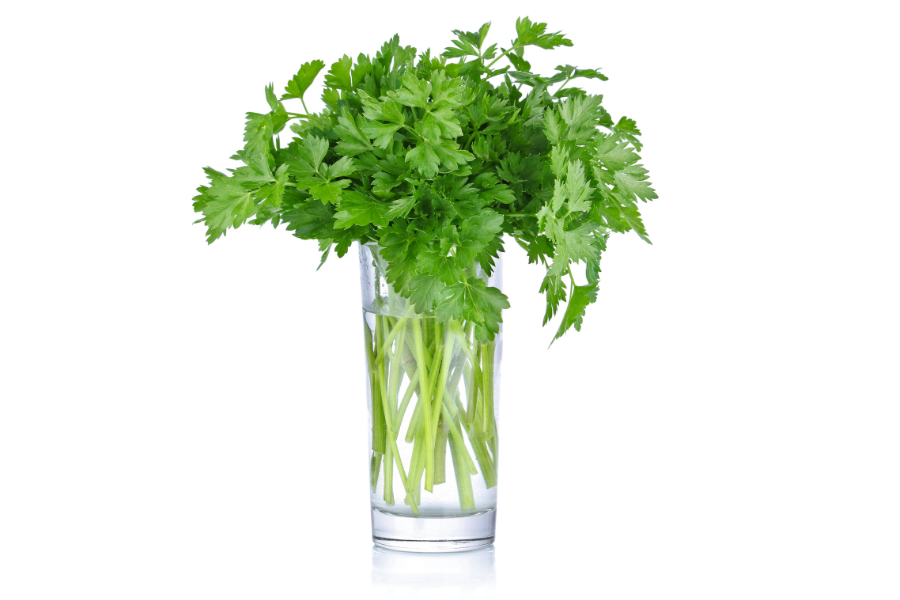
How should I store Fresh herbs?
Think: Bouquet of Flowers. Trim the stems from bunches of parsley and cilantro and pop in a glass of water and store in the fridge. These inexpensive fresh herbs are readily available in grocery stores and and come in large bundles. When stored properly, they can last for 10+ days in the fridge. If you’re buying the smaller plastic clamshells of herbs, get them into water – like the “bouquet” of parsley. If they’re not cut in a way to place the stems in water, wrap them in a damp paper towel and store them in a ziptop bag.
Cooking Tips for Dried herbs:
Add dried herbs toward the beginning of cooking. We like to saute dried with the aromatics and oil at the start of the cooking process. For soups, stews and braises, get those dried herbs in with the onion, celery, carrot and garlic. Dried herbs are also a great choice for vinaigrettes. They bring big flavor to the party and soften nicely in the acidic vinaigrette. Compound Butters are another way to put dried herbs to good use. Read our blog on Compound Butters here. Try these recipes where dried herbs really shine:
Grilled Ribeye with Compound Butter
Big Batch Enchilada Sauce
Whipped Ricotta with Honeycomb
Shop these full-flavored Dried Herb Blends:
Herbes de Provence
Italian Blend
It’s Greek to Me
Cooking tips for Fresh Herbs:
Add fresh herbs at the end of cooking – just before serving – or even as a garnish – we love those big bunches of parsley and cilantro in this instance. They add so much life to a dish. Chopped parsley and cilantro can brighten, elevate a dish with a pinch. Fresh, herby sauces are a great way to explore fresh herbs.
If a recipe calls for a fresh herb at the start of the cooking process, know that after a few minutes in a hot/liquid environment, all of the oils that make fresh herbs taste fresh – those are gone. So it just makes more sense to use a dried herb in the early stages of the cooking process. Also, when chopping herbs for a dish, be sure not to over chop. Herbs can lose their signature flavor and start to taste generally “grassy” or vegetal when overchopped.
Here are some recipes where fresh herbs really shine:

